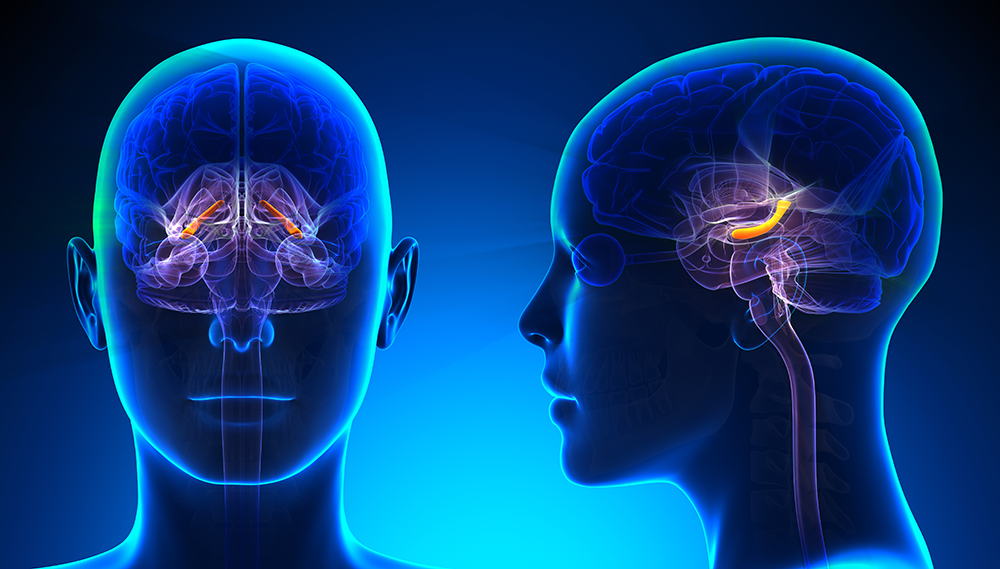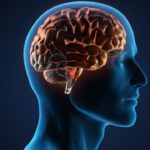A recent study from the University of Birmingham is shining a new spotlight on how different areas of the brain work in synchronization to form and retrieve episodic memory. Their findings were published in the journal PNAS.
According to the findings, during the formation of episodic memory, a form of memory derived from a personable experience or event, information travels from the cortex to the hippocampus. On the flip side, during retrieval of episodic memory, information flows in reverse.
The findings, a first-of-its-kind, were achieved through the experimentation of 12 adult participants who underwent treatment for medication-resistant epilepsy and received intracranial-depth electrodes implants for diagnosis.
The study’s co-authors write: “Episodic memories detail our personally experienced past. The formation and retrieval of these memories have long been thought to be supported by a division of labor between the neocortex and the hippocampus, where the former processes event-related information and the latter binds this information together.”
“We uncover directional coupling between these regions, with power decreases in the neocortex that precede and predict power increases in the hippocampus during memory formation.”
“Fascinatingly, this process reverses during memory retrieval, with hippocampal power increases preceding and predicting neocortical power decreases.”
“These results suggest a bidirectional flow of information between the neocortex and hippocampus is fundamental to the formation and retrieval of episodic memories.”


